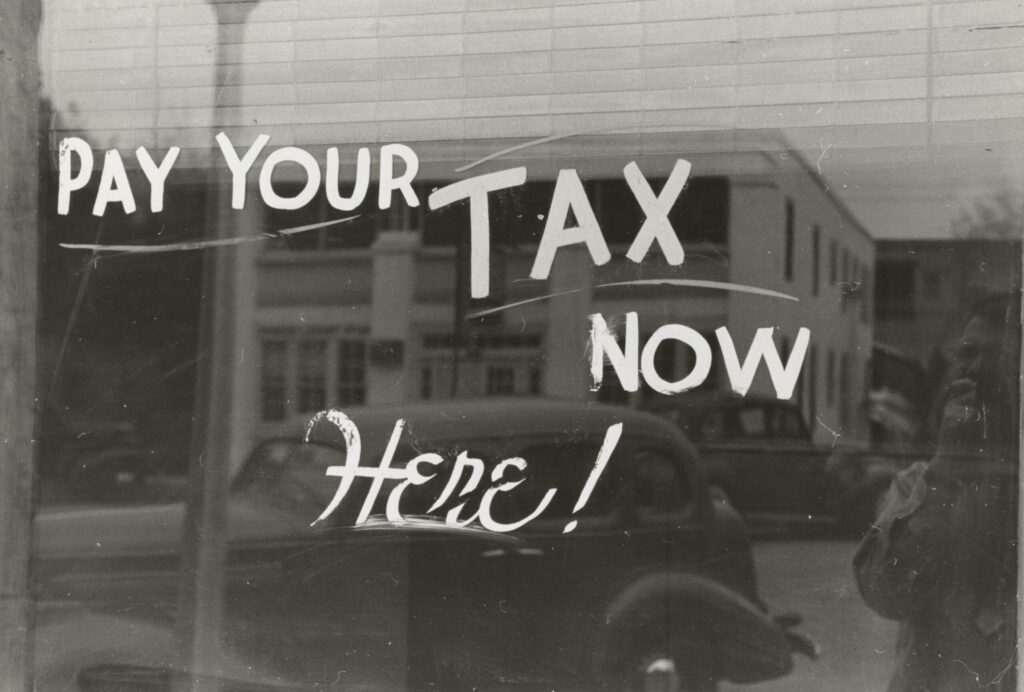If you are not able to pay off your debts – including credit card debt, tax debt, or personal loans – your lender (or creditor) may choose to send your debt to a debt collector or collection agency. The role of the collection agency is to take whichever measures necessary to reclaim their money. They will do so by making collection calls, knocking at your door, and even pursuing legal action like a wage garnishment or freezing your bank account. Their motive for collecting their funds is because this is how they get paid – they are either assigned the debt or will purchase it from your collector. When you feel like you are being harassed by a collection agency, your first instinct may be to simply pay them what they are asking for. It is not, however, always in your best interest to pay a collection agency as it can affect the length of time it will last on your credit report. In this article, we explore why you should never pay a collection agency.
How do collections affect your credit report?
If you have an account that is in collections, your credit report will have already taken a negative impact. Each time you missed a payment or made it late, your creditor will have reported this to Canada’s two primary credit bureaus, Equifax and TransUnion. Collections will harm your credit score and have a lasting impact – this is regardless of whether you pay the collection agency or not. In fact, a debt in collections will not be removed from your credit report until six years after the date of your last payment. When you make a payment to the collection agency, this payment resets the length of time the collections entry will remain on your credit report by adjusting the date of the last payment. For this reason, it can actually be more harmful to make a payment than just letting the time pass for which your credit report will be cleared. If you have a poor credit score, it can be challenging to get a new loan or credit, to take on a new rental, fund a new vehicle or take out car insurance. It also takes time to rebuild your credit score.
Why you should never pay a collection agency
Despite the temptations to pay a collection agency to stop them harassing you, it can do more harm than good to your credit report. In fact, there are many different scenarios whereby paying a collection agency may not be the best course of action. As your credit report details each loan you have taken out in the past six years, it also covers your repayment history. If payments are missed, these will be updated on your credit report and can damage your credit score. Even if you repay the collection agency in full, this would be considered a credit transaction and will remain on your credit report for six years. In this scenario, paying a collection agency will therefore not help to improve your credit score, or indeed remove the damage caused by the missed payments. For this reason, the best action might be to not pay the debt. If you have not made a payment in a while, by continuing to not make your payments, the debt will be removed from your credit report sooner than by paying the collection agency. It is possible that your creditor may decide to pursue legal action against you like freezing your bank account or a wage garnishment for not paying your debts. It is important, therefore, to understand the consequences of not paying your debts, but also the alternatives before making a decision on how to handle collection agencies. You need to outweigh the risks. If the debt is small, it is unlikely that collection agencies will take the time, effort, and funds required to pursue legal action against you. Equally, if the debt is old, the collection agency may not be able to pursue you due to the statute of limitations – in Ontario, this is two years. If you pay a collection agency, this limitation period will restart all over again.
Alternatives to paying a collection agency
If you are being harassed by collection agencies, there are a few actions you can take. You mostly like want to stop collection agencies contacting you. Here are the most common options to take:
- Pay the collection agency in full
- Negotiate with the collection agency to gain a reduction in debt or a longer time period for repayments
- Not pay them, and potentially face the consequences
- Work with a credit counsellor on a debt management plan, to pay your debt in full but across a longer period of time
- File a consumer proposal to reduce your unsecured debt by up to 80% and stop creditors contacting you via a stay of proceedings. A consumer proposal will remain on your credit report for three years after completion, so the sooner this is paid off, the sooner it will be removed
- File bankruptcy to be cleared of your debt entirely and stop creditors contacting you
Each of these options ultimately determines the amount you will end up paying the collection agency, from nothing through to the full amount owed. It also impacts how creditors and collection agencies can interact with you moving forward – with some forms of debt relief this will be stopped altogether.
What should you do with collections?
You should consider the following factors before deciding whether or not to pay a collection agency. It may be good to not pay a collection agency in the following circumstances:
- You have no income or assets, and do not plan for this to change in the future
- You do not owe the debt
- You plan to settle the debt for less
- The debt statute of limitations has expired, meaning the collection agency can no longer pursue legal action against you
- The collection agency cannot prove ownership of the debt
On the contrary, you may wish to pay a collection agency in the following situations:
- You owe the full debt, and the collection agency owns the debt
- You want to resolve the debt quickly and have the available funds to do so
Want more information on why you should never pay a collection agency? If you are having trouble paying your debts and are unsure of what to do next, at Spergel we are here to help you. Our expert Licensed Insolvency Trustees will review your financial circumstances and advise you on the best course of action today. Book a free consultation today – you owe it to yourself.


















